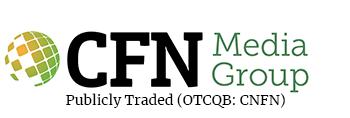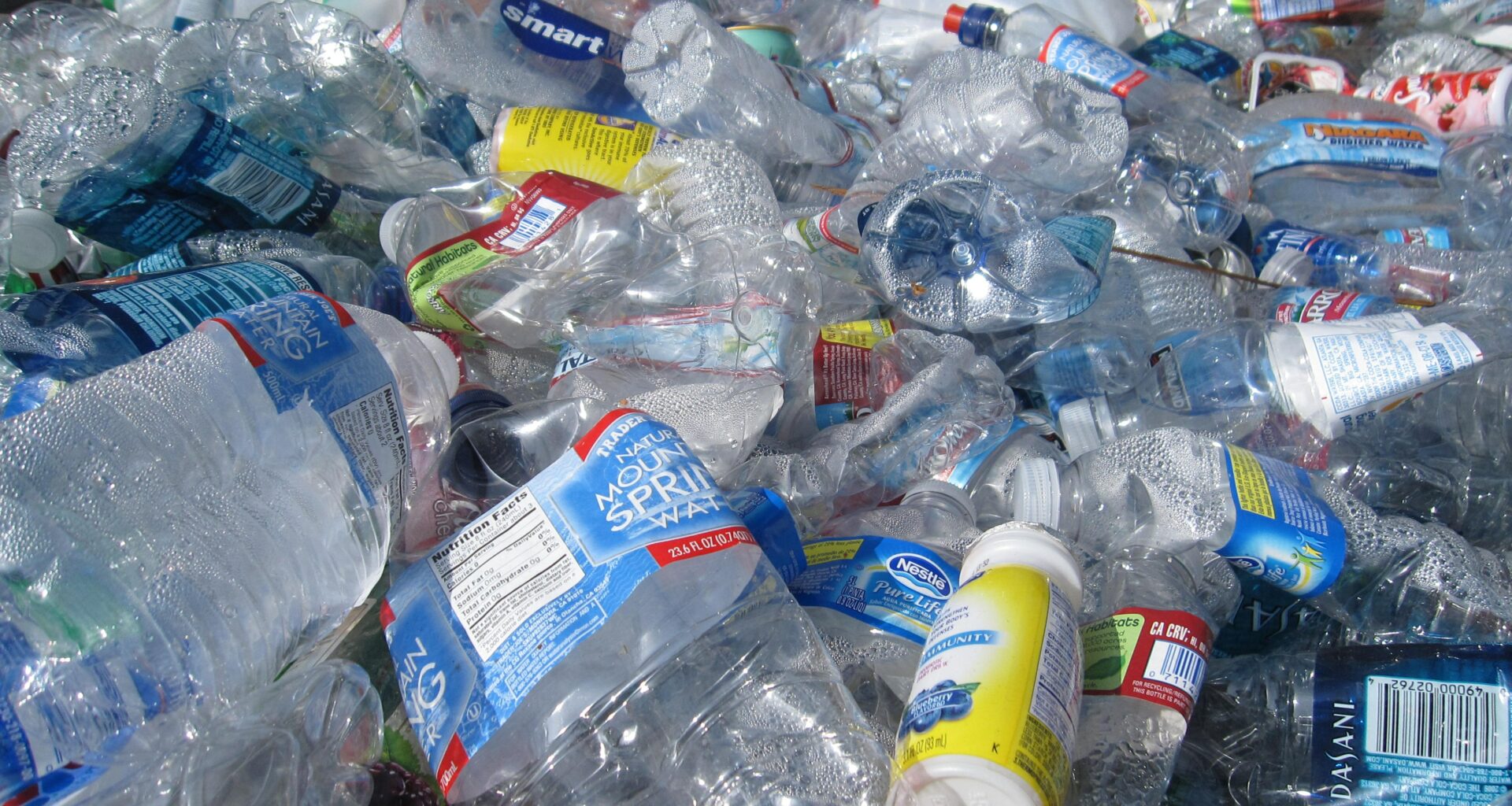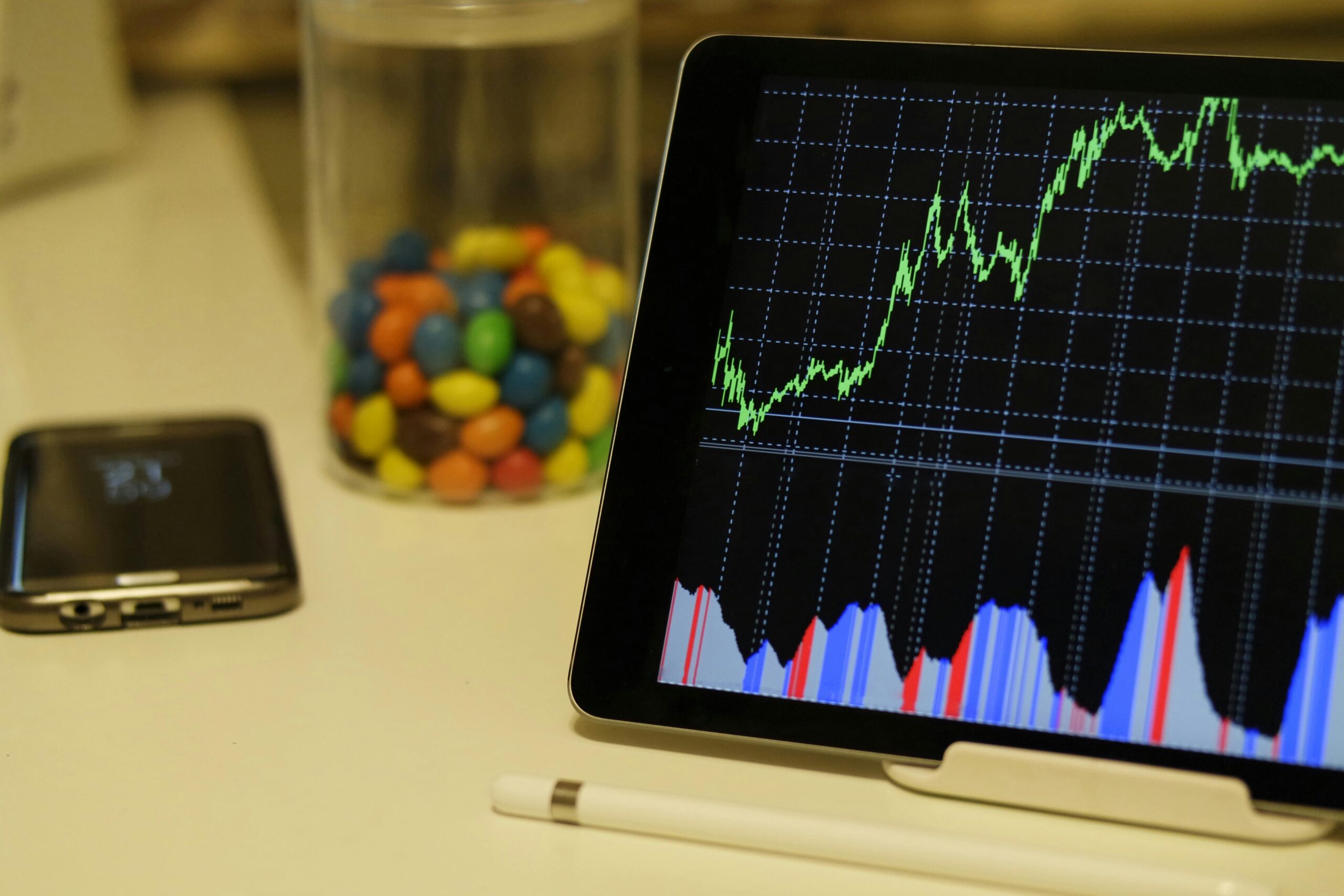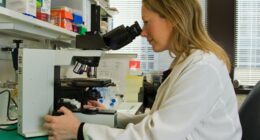A couple of years ago noted investor Mike Taylor, Managing Director of Critical Mass Partners, started talking about a plastic recycling technology company he thought had 20x or 30x potential. Critical Mass is a long/short equity hedge fund that manages over $1 billion of investments focused in consumer, healthcare, and industrial sectors. Through his company he is known for very fluid trading strategies that play both the long and the short side of stocks. This plastic recycling technology company caught his eye, though, and he became a major buy-and-hold shareholder.
The company is PureCycle Technologies (NASDAQ: PCT), and its technology is capable of recycling #5 polypropylene into like-new plastic resin. Polypropylene accounts for about 16% of plastic production, and though it is technically recyclable very little of it actually gets recycled. It is estimated that about 80 million metric tons of polypropylene are produced globally each year, a number that is projected to continue growing.
Here, from a conversation Taylor had in Spring 2021 shortly after PCT went public, is the basic case:
$ROCH (now PureCycle Technologies (PCT)) just SPACed and they have a market cap of $2.7 billion. They have the only patent technology to recycle plastic like polypropylene. Everyone uses polypropylene and people would prefer to use recycle polypropylene. They will have a monopoly. They will build 30-50 plants over the next couple of years. States are going to mandate that this product needs to be recycled and they will be the only player. This could become a $14 billion market cap in the next few years.This is a 10+ bagger over the next 3-5 years.
Here is a snippet from another conversation with Macro Intelligence 2 Partners (behind a paywall):
And it has complete inelastic demand. It has a moat in that they have the IP – the technology that no body else has – nobody is even close. In fact nobody else is really trying – because they can’t. So what you have is pricing power, inelastic demand, and a market that is just gargantuam – it is at least 70-80 billion pounds a year of polypropylene – minimum. Now they won’t get to that level because you can’t recycle “it all”, but all you need is 10-15 billion of it. And that is just big money.
Here he is talking in a video about PCT a year after they went public, in Spring of 2022, with a market cap of about $1.2 billion at the time. PCT is just now, in Spring of 2023, putting the finishing touches on its initial commercial plant in Ironton, Ohio. It’s a little behind the timeline anticipated when it went public, which may in some ways account for the stock’s relative slide since that time.
Taylor is seeking a very large and very rare alpha trade, and in his words believes he may have found it with PCT. This may yet prove true.
Consider an Alternative
It may be worthwhile to accept the general thesis that a plastic recycling company with groundbreaking technology is a huge opportunity while also considering alternative options in the space. One such company is Aduro Clean Technologies (CSE: ACT) (OTCQB: ACTHF) (FSE: 9D50). Aduro’s technology and business model offer potentially significant advantages over existing technologies, including PCT’s.
Aduro’s Hydrochemolytic™ platform is a water-based system capable of recycling many, and potentially all, types of plastic. By this feature alone the company’s addressable market is much larger than those focused on individual types of plastic. Aduro’s system is also much more scalable, able to be built out in units appropriate for very small to very large markets. PCT and others like it are more dependent on large capital outlays to build massive facilities in order to make the economics work.
To complement the scalability, Aduro is taking a licensing/partnering approach to its commercialization efforts. The idea is to demonstrate to potential customers, like large petrochemical companies, the technology’s capabilities and then let the customer build the appropriate facility. It is perhaps a little less risky, and a lot less capital intensive, than building large centralized facilities themselves.
Aduro’s Hydrochemolytic™ system also works at cooler temperatures with less operating expenses than many other plastic recycling technologies. Aduro’s efficient process creates fewer emissions than other approaches as well, an important selling point as plastic manufacturers seek ways to make good on their emissions reductions goals.
Aduro is slightly behind PCT’s commercialization timeline, with the company’s R2 Plastic Reactor in the final commissioning phase. The R2 is a pre-commercial unit designed to demonstrate the system’s capabilities to potential customers, testing various feedstocks and optimizing the outputs. The next step is a larger R3 version that will be a commercial pilot plant. Perhaps reflective of the earlier stage of development, Aduro’s market cap sits around $40 million compared to PCT’s $1.2 billion.
The Upshot
If you accept Taylor’s arguments about the potential of PCT’s polypropylene recycling technology, you might consider the potential of Aduro’s all plastic recycling technology. Aduro is addressing a much larger market with a more flexible business model and potentially superior technology. Investors are encouraged to dig in to the plastic recycling market opportunity and make their own judgments.
image sources
- tanvi-sharma–4bD2p5zbdA-unsplash: Photo by tanvi sharma on Unsplash










